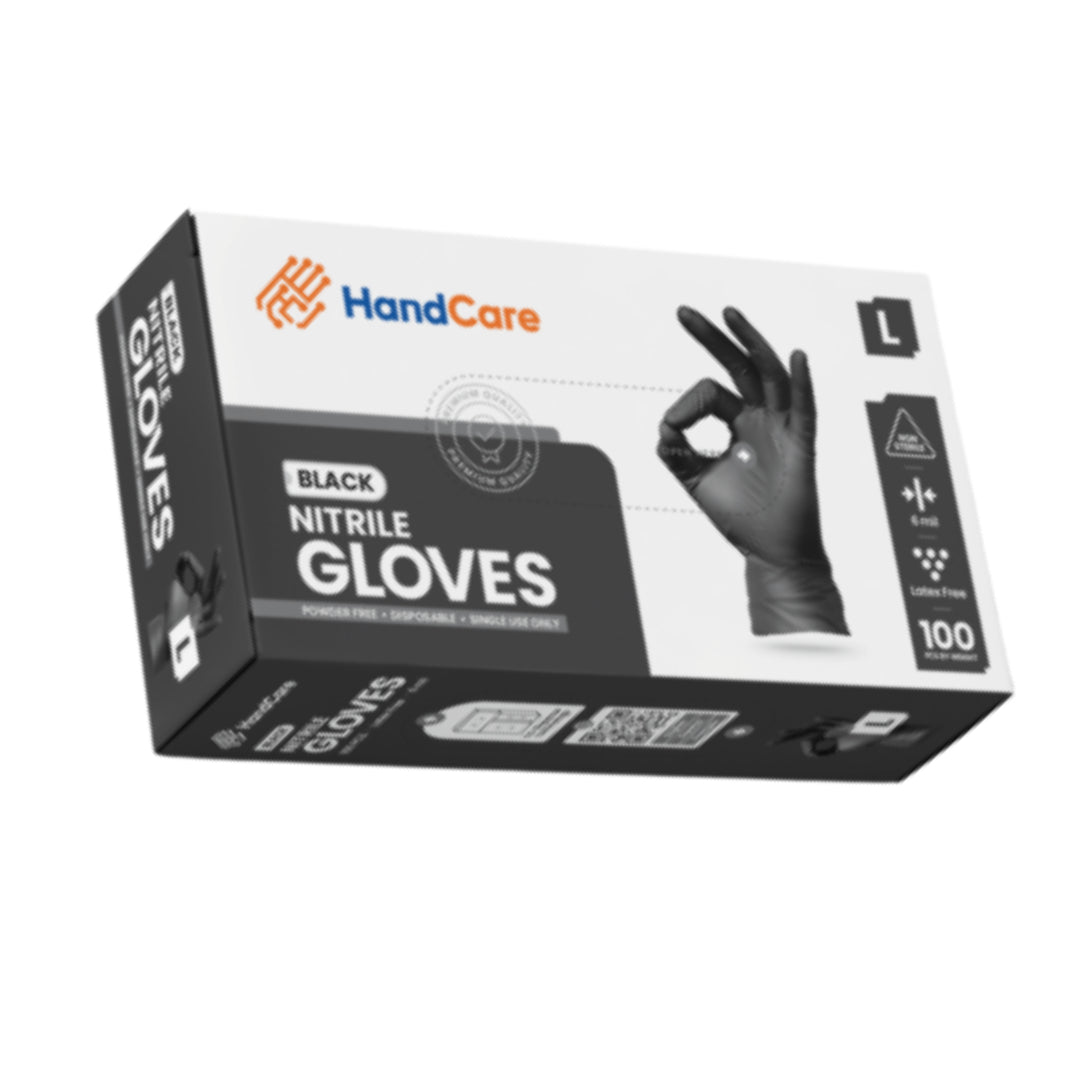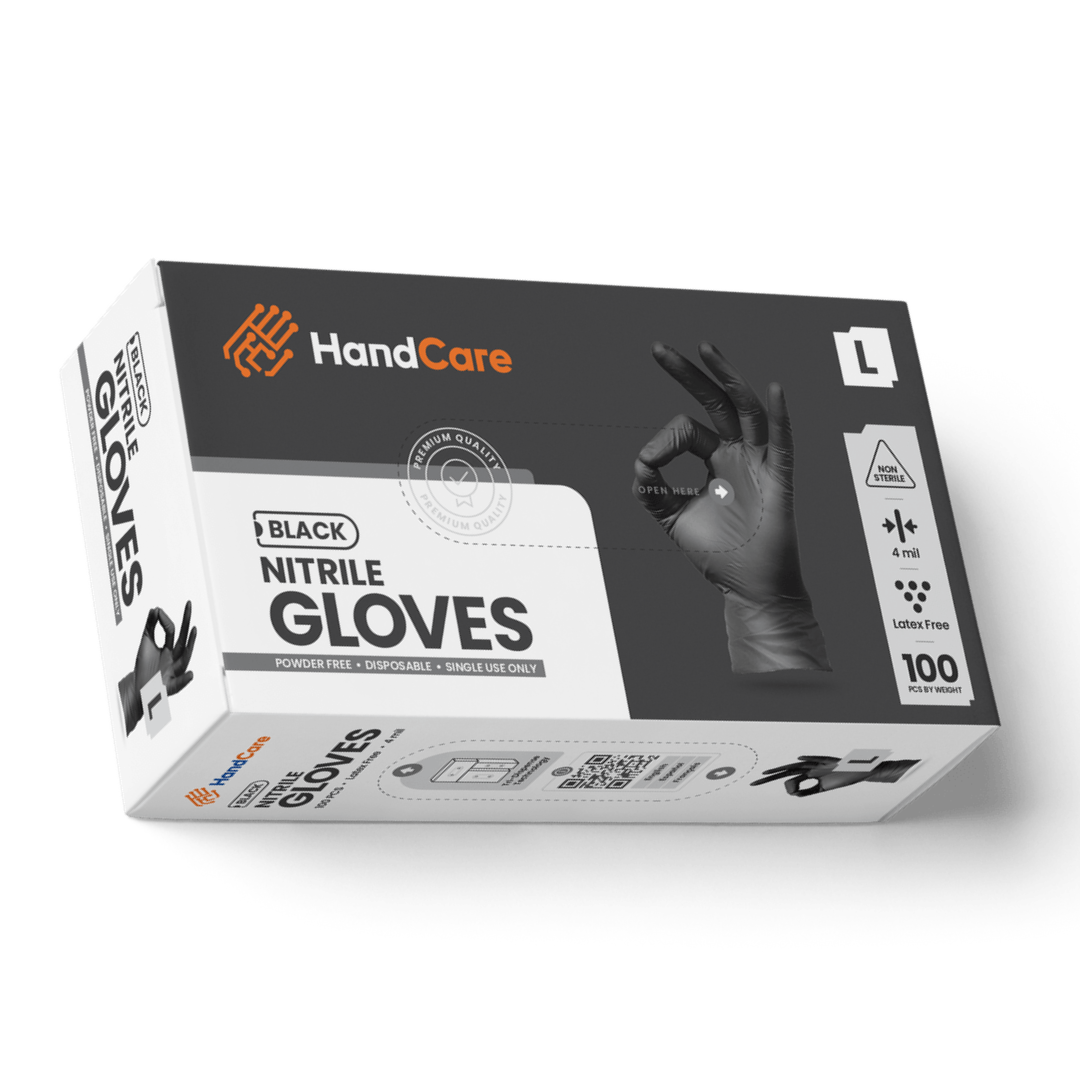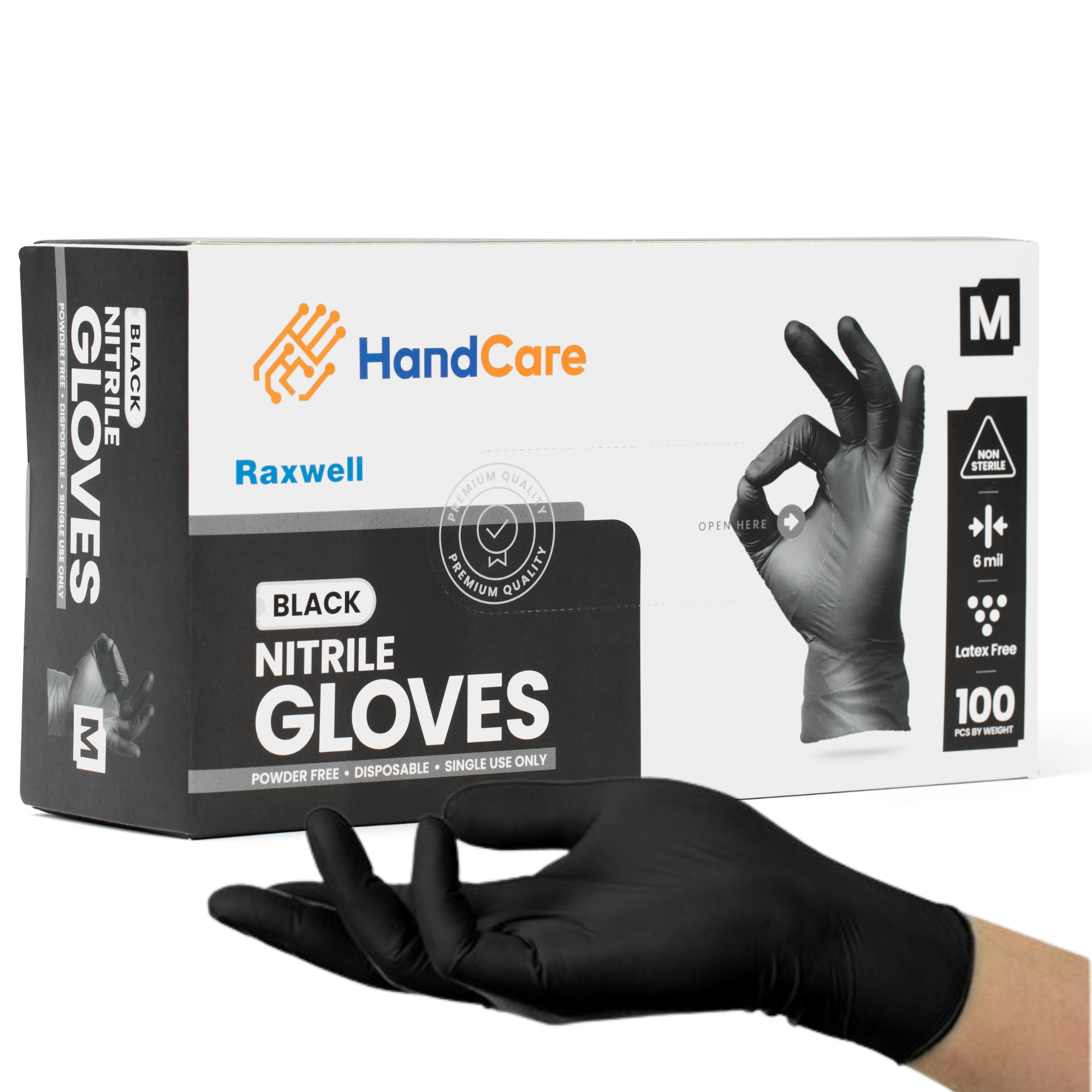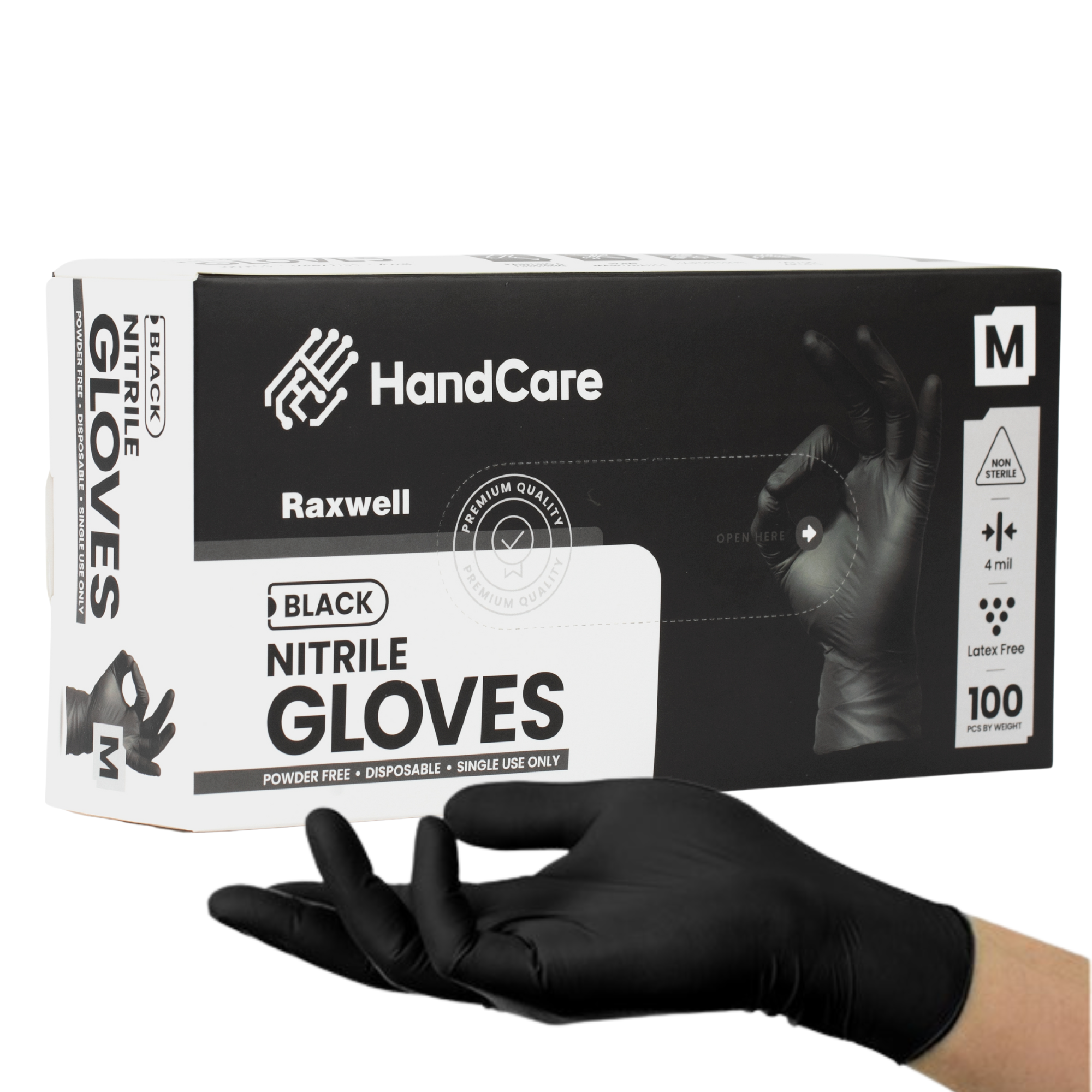Electrical Gloves
Electrical Gloves Best Options
After trying many different type of gloves from amazon, finally found ones with good fit and quality. Would recommend!
Good size, not too tight, not too loose. Strong material, don’t rip like others I’ve used. Recommend
These gloves are thicker and well made. They fit snug, which I like. Met my expectations and would recommend.
Protect yourself from electric shock and reduce potential risks with the best gloves for electricians. Investing in high-quality, shock-proof gloves designed specifically for electrical work ensures you and your team have top-tier protection when handling electricity.
With various styles and safety levels available, choosing the right electrician gloves is essential to address any hazardous situations in your workplace effectively.
What Are Electrical Gloves?
Electrical gloves is an important piece of personal protective equipment (PPE) that can help protect electricians, linemen, and other workers from Arc Flash, Electric Shock, and Electrical Burns.
These gloves are designed to offer sufficient insulation against electrical current and act as a barrier between the user and the live electrical components they may be handling. Not only do these gloves reduce the risk of severe injury or death from contact with electricity but they also aid in providing safe working conditions for all personnel affected by any activity involving electricity.
The National Fire Protection Association (NFPA) has published standards defining appropriate levels of protection for different voltages when using electrical gloves for arc flash mitigation. Working in a hazardous environment such as one using potentially deadly high-voltage electricity requires special consideration to ensure safety protocols are being followed correctly.
Therefore it is incredibly important that these NFPA standards are met when selecting electrical gloves as well as ensuring any prior damage is repaired before use to avoid further harm or injury occurring while operating on energized circuits.
What Is Anti Shock Gloves?
Anti-shock gloves refer to gloves that provide a protective layer to help prevent shock by insulating the wearer from electrical currents. They are commonly made from non-conductive materials like rubber or a rubber blend and are often used in conjunction with leather protectors to ensure both insulation and durability when working near live electrical circuits.
Do Leather Gloves Protect From Static Electricity?
Leather gloves do not provide reliable protection from static electricity because leather is not an effective insulator. Leather can actually retain moisture, which can increase conductivity, making it unsuitable for situations requiring static protection.
Can Rubber Gloves Prevent Electric Shock?
Rubber gloves, especially those designed for electrical work, can prevent electric shock. These gloves are made from insulating materials that protect against electrical currents, making them a reliable choice for electricians.
Do Nitrile Gloves Protect Against Electricity?
Nitrile gloves do not offer adequate protection against electricity. While nitrile is resistant to chemicals and punctures, it is not designed to insulate against electrical currents, so it is unsuitable for electrical work.
Does Latex Gloves Conduct Electricity?
Latex gloves do conduct some electricity, particularly if they are thin and not specifically rated for electrical protection. Latex does not provide the level of insulation required to protect against electric shock, making it an unreliable option for electrical safety.
Best Gloves For Electricians
Electrical gloves are specifically designed to protect against electric shock and provide insulation when working with or near high-voltage lines and equipment.
They can be made of various materials, including rubber, leather, neoprene, and aramid fiber. Each type of glove is suited for different applications based on the performance level required.
Rubber Electrical Gloves
Rubber electrical gloves provide basic protection against electric shock but do not offer much flexibility or dexterity. These are generally used as a low-cost option for casual handling of energized parts that may have exposed conducting surfaces up to 1000 volts AC or 1500 volts DC.
Leather Electrical Gloves
Leather electrical gloves offer better flexibility than rubber ones because they are supple enough to allow more intricate tasks such as wiring projects or cutting components with precision tools. They also provide more protection from higher voltages (up to 17000 volts AC) but should still be worn over rubber insulating liners for added safety in case the leather becomes punctured during use.
Neoprene Electrical Gloves
Neoprene Glove is an oil-resistant synthetic material that affords very good mechanical strength even at extreme temperatures (-20°C - +120°C). This makes it ideal for extended periods under continuous live line work with voltages up to 36000V AC/48000V DC while remaining flexible enough to handle complex tasks without restriction compared to other types of electrical insulation materials such as leather or rubber utility-grade knitted fabric sleeves which tend to stiffen at elevated temperatures reducing dexterity while wearing them if overused beyond its rating range limits.
Are There Gloves That Prevent Electrical Shock?
Yes, there are gloves specifically designed to prevent electrical shock. These gloves, known as electrical or insulating gloves, are made from materials like rubber, which acts as a barrier against electric current.
They are essential for electricians and other professionals working with live electrical equipment and help prevent electric shock by providing insulation.
Do Insulated Gloves Protect Against Electricity?
Insulated gloves do protect against electricity when they meet safety standards for electrical insulation, such as ASTM or IEC standards. These gloves come in various classes based on the voltage they can withstand, and they are tested to ensure they provide adequate insulation for electrical work.
What Kind Of Gloves Protect Against Electricity?
Electrical gloves are essential for any kind of electrical work, as they provide the necessary insulation and protection against electric shocks. There are a number of different types of electrical gloves available and the type you'll need depends on the job you're performing.
Electricians typically use Class 00, 0, and 2 leather protective gloves for intermittent contact with up to 1kV (1,000 volts), while rubber insulating gloves rated from Class 00 to 4 offer protection from more intense voltages up to 36kV (36,000 volts).
What Is The Use Of Electrical Gloves?
Electrical gloves are important pieces of personal protective equipment (PPE) that are designed to protect workers from the risks associated with direct contact with electrical hazards.
These gloves provide a barrier between the worker and any live wires, helping to reduce or eliminate the potential for electrical shocks or burns. Electrical gloves come in both insulated and non-insulated varieties, depending on the level of protection needed.
What Is The Best Glove To Be Used By An Electrician?
The best glove to be used by an electrician should provide superior protection against electrical shock, as well as grip, dexterity, and comfort. At a minimum, an electrician must use a safety glove that is individually tested to ASTM F496 or IEC 60903 standards.
These gloves usually come in Class 0 (1000V) and Class 00 (2500V). The higher the number, the greater voltage the glove is rated at and typically the more insulation it provides.
Standards and Certification for Electrical Gloves
Electrical gloves are critical pieces of personal protective equipment (PPE) used to protect personnel from electrical hazards. They are designed to reduce the risk of electric shock or electrocution and help ensure a safe working environment.
The standards and certifications for electrical gloves vary depending on their intended use and the type of protection they provide. In the United States, ASTM International is responsible for setting testing standards and validating that products meet these requirements; this includes electrical gloves.
ASTM D 120-09 outlines general requirements for insulating hand protection, including voltage ranges, types of tests performed (such as dielectric breakdown voltage test), inspection criteria, construction components, dimensions/sizes, and more.
Furthermore, both the National Fire Protection Association (NFPA) 70E-2018 Standard for Electrical Safety in the Workplace as well as OSHA 1910 Subpart S Electrical regulations mandate strict conditions concerning PPE when it comes to performing work near energized parts or circuits that put employees at risk of injury due to exposure to electric fields.
Maintenance and Care for Electrical Gloves
Proper maintenance and care for electrical gloves is crucial for safe and effective use in demanding applications. Electrical gloves offer protection from electric shock when handling high-voltage equipment, so it's important that they are kept clean, dry and in good condition at all times. Here are some essential maintenance tips to help keep your electrical gloves working as intended:
Visual Inspection
Before each use, make sure you inspect the external surfaces of your electrical glove for any tears or signs of damage. Even small cuts can cause electrical leakage so it’s important to check both the inside and outside of each glove before putting them on or off while working near high-voltage sources.
Cleaning
To ensure optimal performance of your gloves, always be sure to clean them with a mild detergent after every use or exposure to chemicals such as oils/greases that may have impacted their insulation value. Thoroughly rinse off the cleaning solution with fresh water afterward, then hang them up for air-drying before storing away in a cool & dry place away from direct sunlight exposure
Careful Storage
Always store your electrical gloves separately from other tools and equipment in order to minimize the risk of tearing the fabric material during transportation/storage processes which may affect their performance over time. Be mindful not to stretch out or pull on the glove tightness when taking them off; this could wear down its protective capabilities over time resulting in permanent damages if done repeatedly over long periods of usage
Periodic Testing
It’s wise to periodically test your electrical gloves (about once per month) using an approved testing method such as ASTM D120 tests) prior to performing work tasks involving high voltage sources (especially if past 12 months). This will help identify any risks associated with wearing faulty/inaccurate insulating materials based on minimum recommended values stipulated by industry standards pertaining to its usage conditions
Where to Buy Electrical Gloves
For top-quality protection, you can find a wide selection of electrician gloves at gloves.com, where they offer shock-proof gloves specifically designed for electrical work.
With a 50% discount and free shipping on orders over $149, gloves.com ensures both value and safety, making it an excellent choice for electricians and teams needing reliable PPE for electrical tasks.
Keep up-to-date with our guides and find the best glove options for your industry
Guides to help you choose

Best Gloves For Pesticides

Is There A Natural Latex























